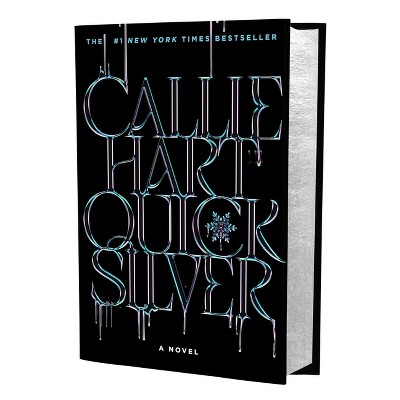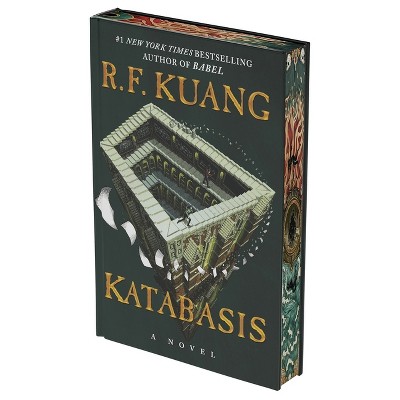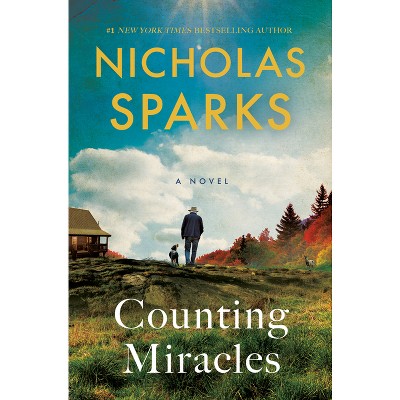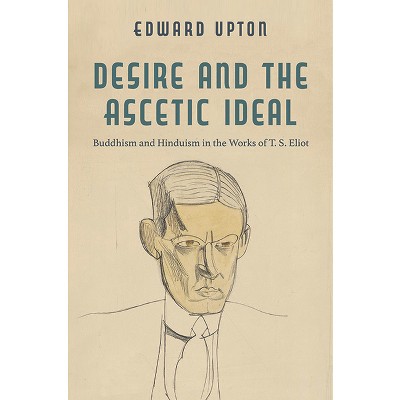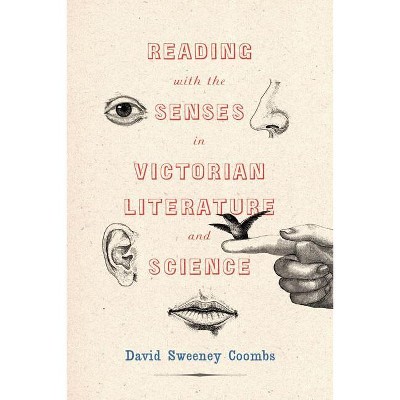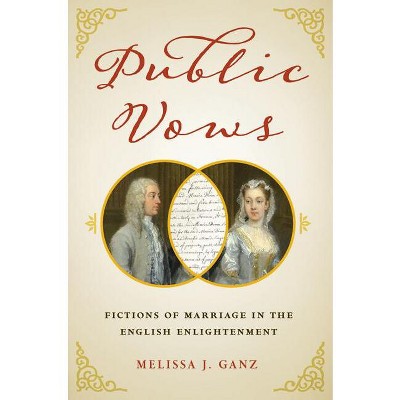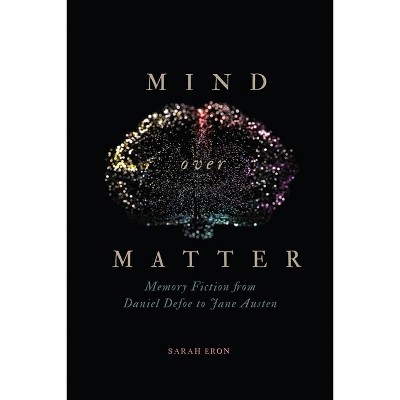About this item
Highlights
- Writers have always aspired to immortality, using their works to preserve their patrons, their loved ones, and themselves beyond death.
- About the Author: Jacob Sider Jost is Assistant Professor of English at Dickinson College.
- 256 Pages
- Literary Criticism, European
Description
About the Book
In recovering the centrality of the afterlife to eighteenth-century culture, this prizewinning book offers a versatile and wide-ranging argument that will speak not only to literary scholars but to historians, scholars of religion, and all readers interested in the power of literature to preserve human experience through time.Winner of the Walker Cowen Memorial Prize for an Outstanding Work of Scholarship in Eighteenth-Century Studies
Book Synopsis
Writers have always aspired to immortality, using their works to preserve their patrons, their loved ones, and themselves beyond death. For Pindar, Horace, and Shakespeare, the vehicle of such preservation was poetry. In the eighteenth century, figures such as Joseph Addison, Edward Young, Samuel Richardson, Laetitia Pilkington, Samuel Johnson, and James Boswell invented a new kind of literary immortality, built on the documentary power of prose. For eighteenth-century authors, the rhythms and routines of daily lived experience were too rich to be distilled into verse, and prose genres such as the periodical paper, novel, memoir, essay, and biography promised a new kind of lastingness that responded to the challenges and opportunities of Enlightenment philosophy and evolving religious thought.
Prose Immortality, 1711-1819documents this transformation of British literary culture, spanning the eighteenth century and linking journalism, literature, theology, and philosophy. In recovering the centrality of the afterlife to eighteenth-century culture, this prizewinning book offers a versatile and wide-ranging argument that will speak not only to literary scholars but also to historians, scholars of religion, and all readers interested in the power of literature to preserve human experience through time.
Winner of the Walker Cowen Memorial Prize for an Outstanding Work of Scholarship in Eighteenth-Century Studies
Review Quotes
Jacob Sider Jost's Prose Immortality, 1711-1819 opens with a striking and to my mind indisputable observation concerning the ways that writers in this period chose to memorialize the dead: 'When John Dryden died in 1700, poets wrote elegies. When Samuel Johnson died in 1784, biographers wrote lives. This book is about what happens in between'....It is a wonderful book, consistently stimulating and thought provoking, and it has genuinely altered my understanding of the later eighteenth-century life-writing projects that are such a striking feature of the literary and cultural history of the period.
--Jenny Davidson "Studies in English Literature"It is a peculiarly tight-knit work, in which Sider Jost carefully sets up links and balances between his chapters to make what is in fact disparate appear seamless and comprehensive. It is an approach that could lead to self-deception in the pursuit of neatness, but on this occasion has resulted in an unusually elegant book.
--Hal Jensen "The Times Literary Supplement"There is remarkable, unprecedented directness in Jacob Sider Jost's monograph Prose Immortality . What unfolds: a genuinely witty, intelligent study of eighteenth-century literary history that agilely links the history of fiction with journalism, theology, and philosophy.
Prose Immortality will be of interest to anyone working on eighteenth-century prose in any form, not merely the memoir or the biography but also the novel.
--Daniel Cook "Eighteenth Century Fiction"This book is deservedly the most recent winner of the University of Virginia Press Cowen Prize for Scholarship in eighteenth-century studies.
Sider Jost has an excellent ability to dip back in the critical tradition and build something new upon earlier work.
--Robert Walker "The Eighteenth-Century Intelligencer"A product of an astute and learned thinker, Prose Immortality confidently outlines a compelling case for a shift of focus when thinking about the ways in which people have tried to capture in print the habits of everyday living. The closing remarks of Sider Jost's introductory chapter [will] surely be increasingly welcomed: 'We, of all people, are the literary afterlife that they have. They have given us so much, and we owe it to them and to ourselves to understand what their wishes and desires were.
-- "Eighteenth Century Fiction"Exceptionally well written, Prose Immortality, 1711-1819 is unfailingly clear, lively, and engaging. It presents its most complex ideas--concerning, say, theological controversy about the state of the soul after death--with grace and concision.
--Adam Potkay, College of William and Mary, author of Wordsworth's EthicsJost (Dickinson College) offers an impressive consideration of immortality and fame among writers of the 18th century.... His clear, well-written reflections include both theology and theories of Mortalism.... Including extensive notes and a bibliography, along with a useful index, this is an important resource for those interested in 18th-century literary themes.
-- "CHOICE"The three parts of Prose Immortality cohere around a pair of overarching aims: first, to explain the appeal of a theological model based on filling the homogeneous, empty time of modernity with diurnal cadences and descriptive particularity, and second, to identify the literary technologies that make this "horizontal futurity" feel achievable. Sider Jost arrives at a distinctively eighteenth-century conception of the afterlife with literary and theological registers.
-- "The Journal of Religion"About the Author
Jacob Sider Jost is Assistant Professor of English at Dickinson College.



